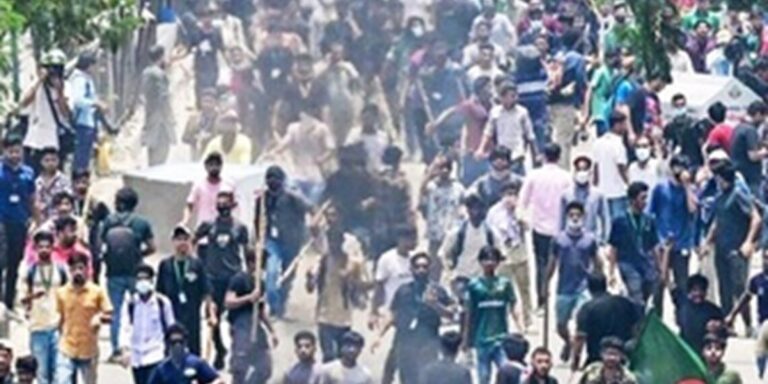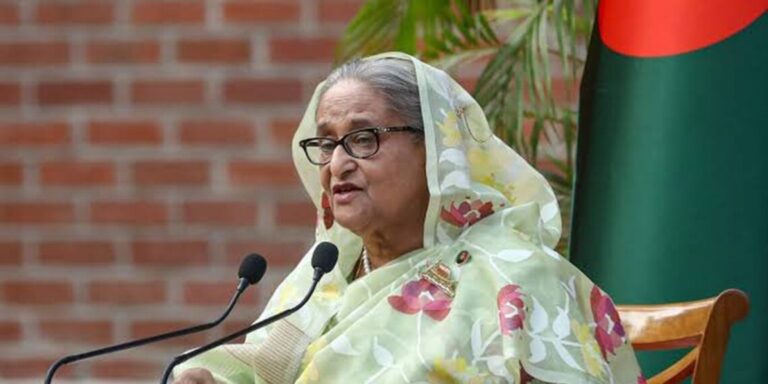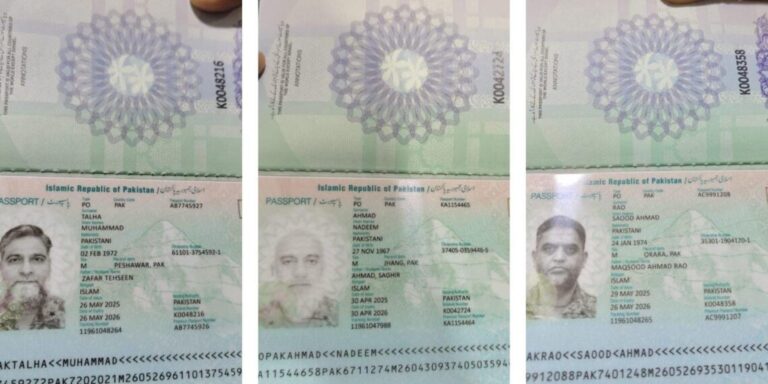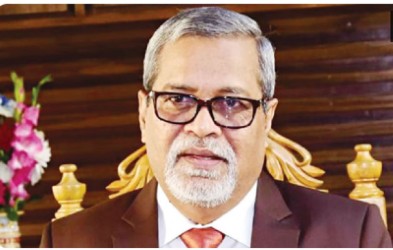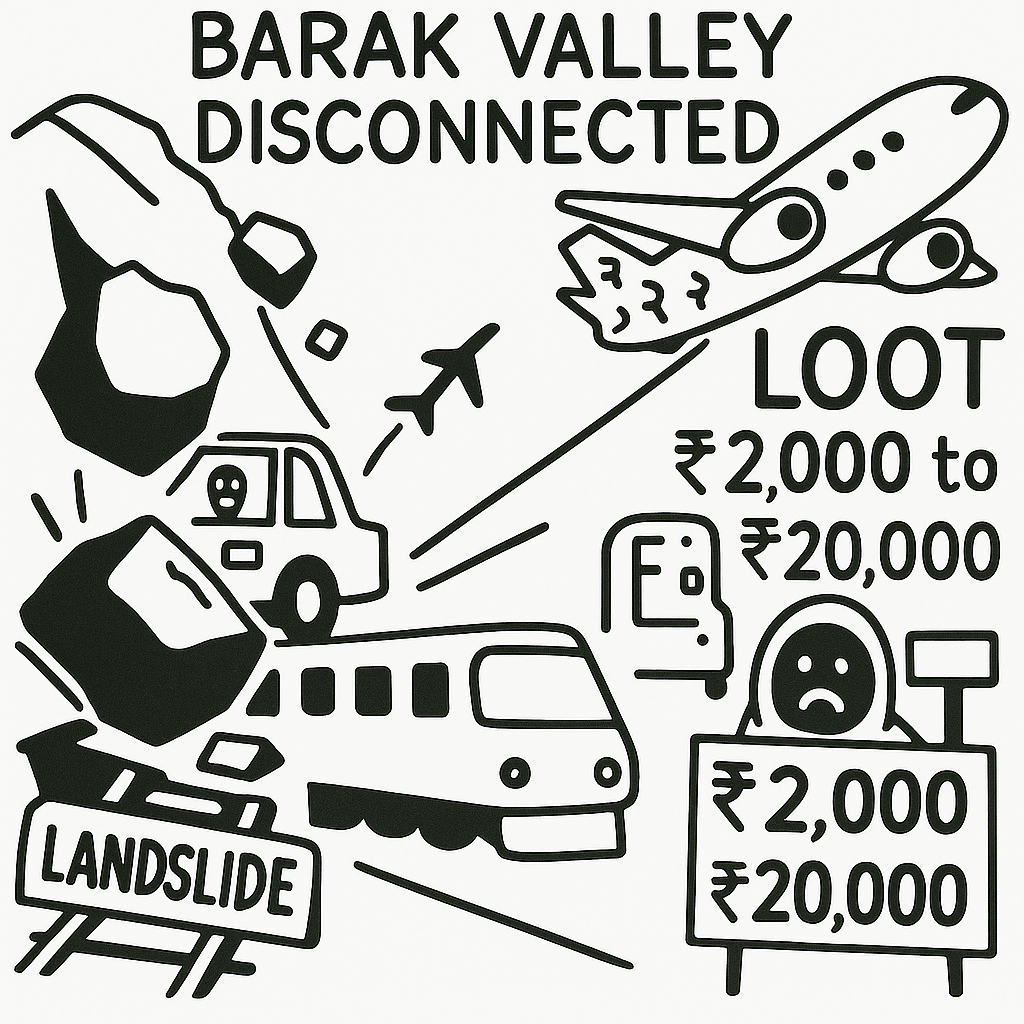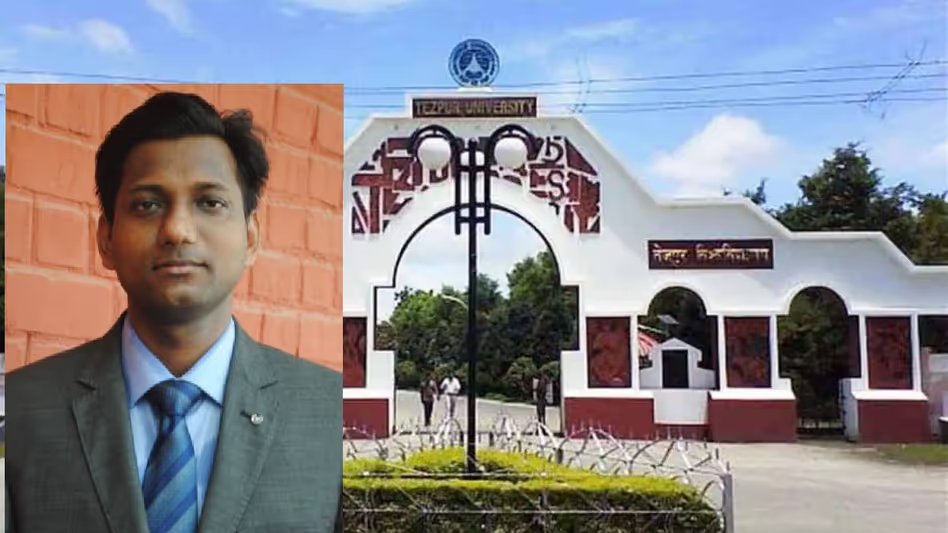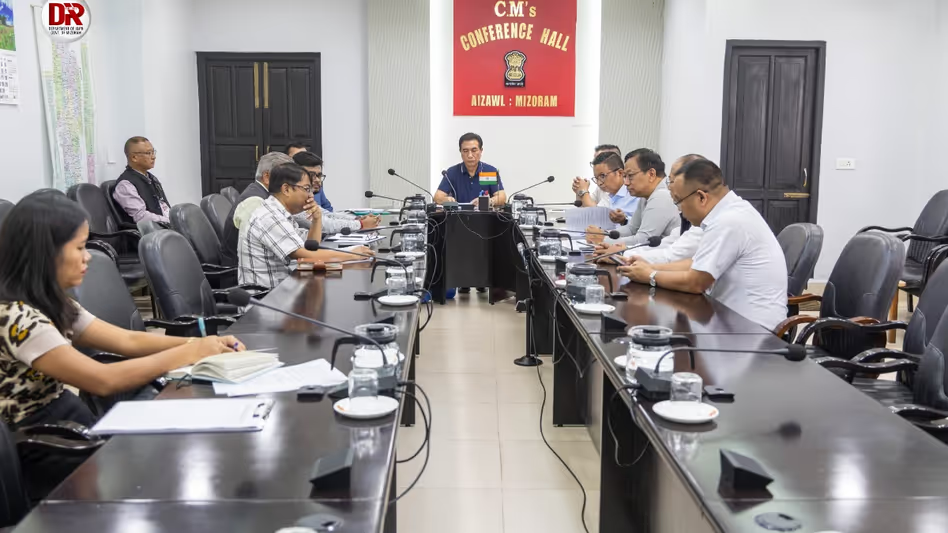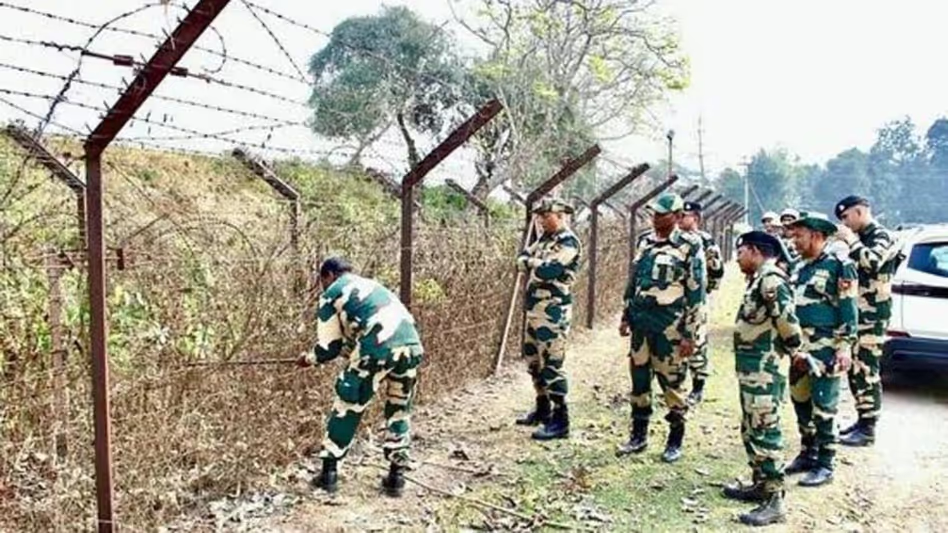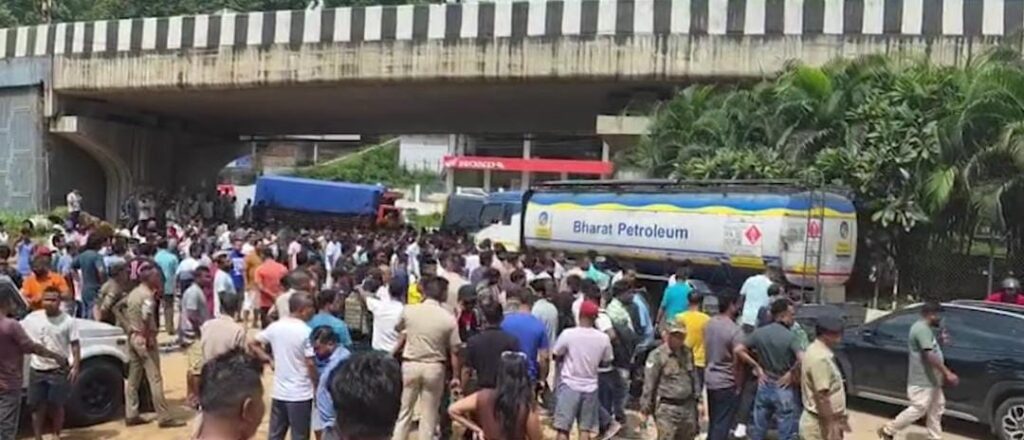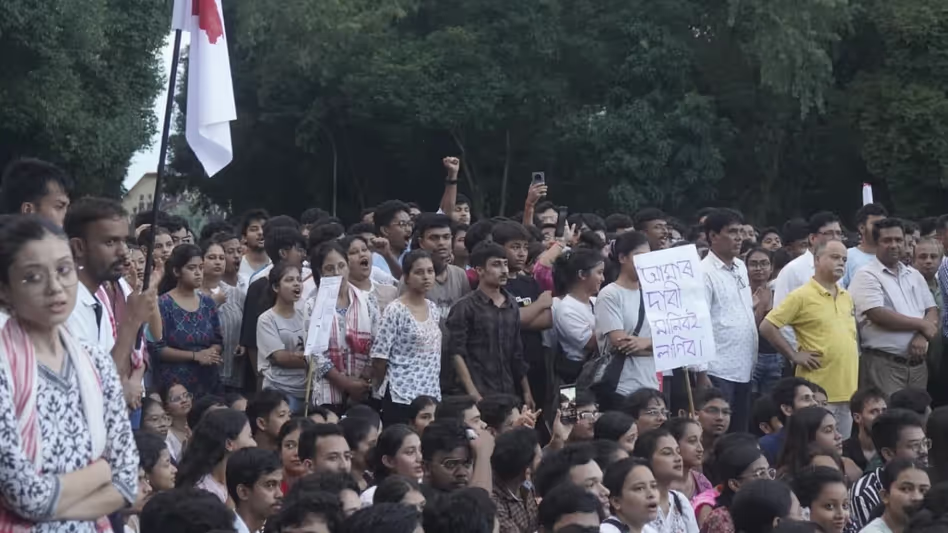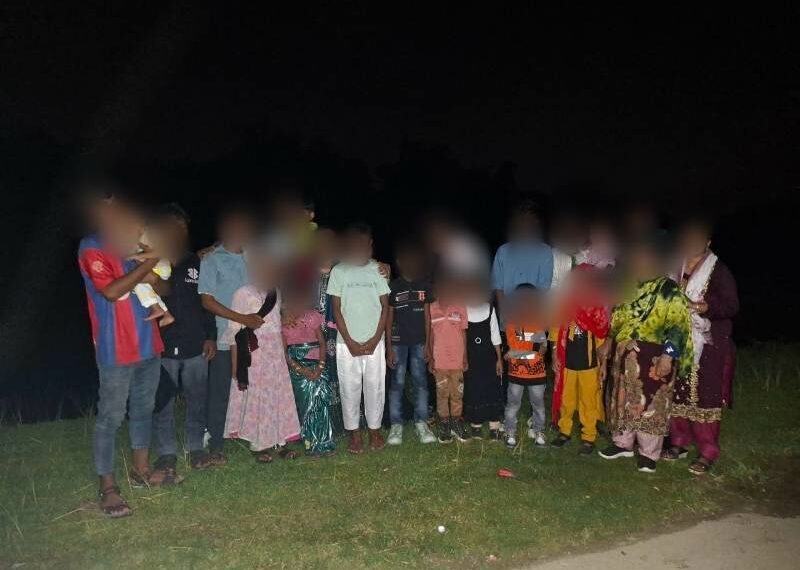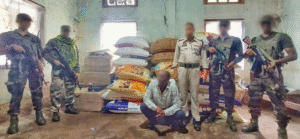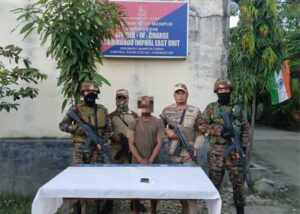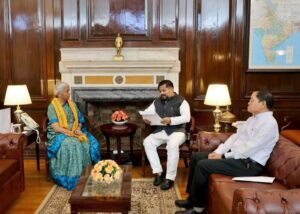Bangladesh’s ruling Awami League has warned of a radical Islamist agenda to transform the country along the lines of Taliban-ruled Afghanistan. In a statement Thursday, the party accused the Jamaat–Char Monai alliance of plotting to dismantle democratic norms, curtail women’s rights, enforce a strict religious code, and impose nationwide jihadi training if brought to power. Citing a recent interview, the Awami League highlighted Islami Andolan Bangladesh leader Muhammad Faizul Karim’s pledge to introduce Sharia law and restructure governance after the models of Afghanistan and Iran. Karim’s assurance that Hindus would be given “rights” under Sharia drew sharp criticism from secular and minority groups. The Awami League questioned the silence of the Muhammad Yunus-led interim government and raised concerns about rising attacks on minorities and women, citing disturbing statistics on violence and a collapse of secular values under the current regime.
